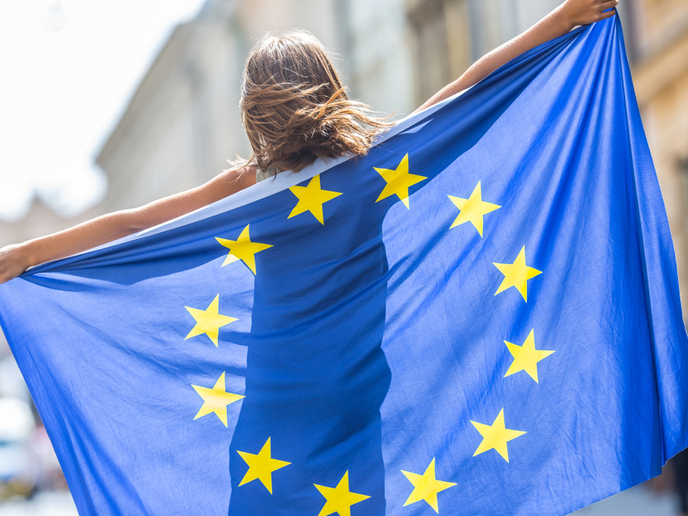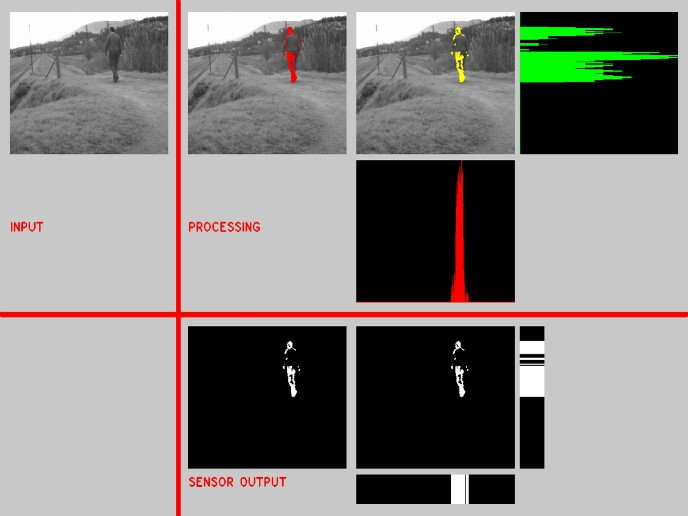A recipe for wider public acceptance of the EU
The EU and its citizens are in a fluctuating relationship. Sure, 68 % of EU citizens consider that their country has benefitted from EU membership according to a survey from November 2018. But this generally positive perception cannot be taken for granted. As Claes de Vreese, principal investigator of the European Research Council-funded EUROPINIONS (Causes and consequences of change in public opinion about Europe) project, notes: “The future of the EU relies on political and public legitimacy.” The real question is then, how do these opinions form and vary, and to what effect? EUROPINIONS aimed to answer it while focusing on the role of a historic opinion shaper that has been completely shaken up over the past two decades: the media. “We are facing several gaps of knowledge which we found essential to overcome,” de Vreese explains. “The first is the mapping and understanding of the multidimensionality of EU attitudes. We know it’s not simply black or white, so we needed to have a more in-depth understanding. Then come the changing media environments. We all have access to different information feeds, yet we all depend on mediated information to get to know the EU, so how does that work out? Finally, we look at the future of EU opinion through the prism of what people would want the EU to look like.” To proceed with his investigation, de Vreese and his team used a combination of different methods. They took media content analyses and linked this content data to comparative survey data. They also used quick Flash surveys to examine public opinion related to ongoing events, along with experimental research designs to highlight dynamics at the level of individual people rather than wider societal groups (micro-level dynamics).
Learning from the past and capitalising on the present
“Our research is not completed yet, but we already have some important findings. For instance, we could demonstrate how malpractice reporting [any EU actions that can be viewed or interpreted negatively] affects EU attitudes. We could confirm the impact of the media on these opinions, and we also looked into the consequences of a crisis. It turns out that while a crisis related to immigration or the economy can damage public opinion about the EU, the effects are not always straightforward. Most will view the EU under a negative light, but some may also see it as an effective player in the quest to solve these crises,” de Vreese adds. In the case of the COVID-19 crisis, de Vreese says it mostly goes to show how national and EU politics are closely intertwined. Citizens rarely attribute competences solely to the EU level, and therefore EU opinions largely depend on their opinions of national politics. Micro-level evidence also demonstrates that negative opinions about national politics can reduce trust in the EU, but not the other way around. “Besides, it’s important to point out that COVID-19 essentially makes people realise how beneficial it is to be part of an international community with open borders,” de Vreese explains. Whilst project results confirm the fact that most citizens do not want to leave the EU, EUROPINIONS also provides evidence that they often want to see it reformed and/or improved. All in all, de Vreese believes that the EU should avoid trying to influence opinions and rather focus on informing and engaging citizens. Emphasising its competences to solve crises – for instance with cross-border exchanges of medical goods – and getting people to engage in conversations are good practices that could lead to wider public support and acceptance.







